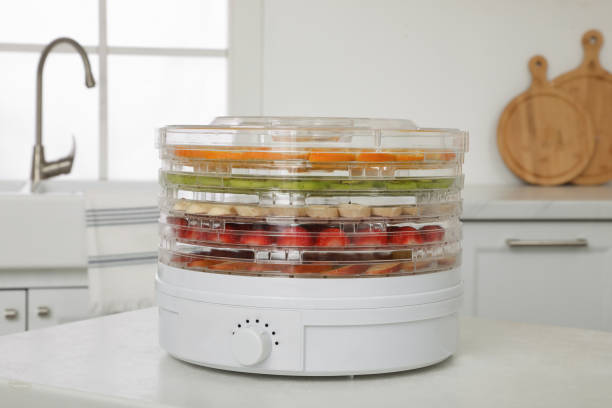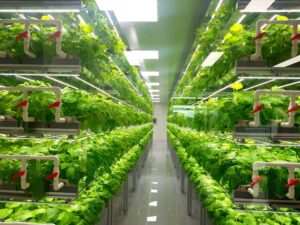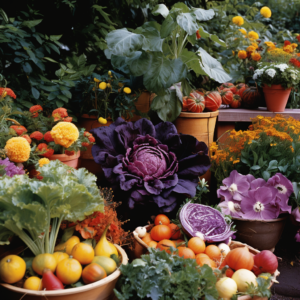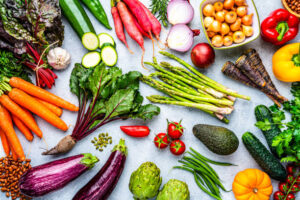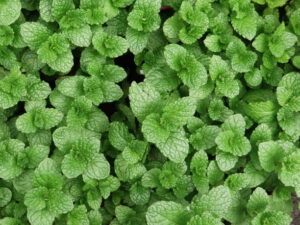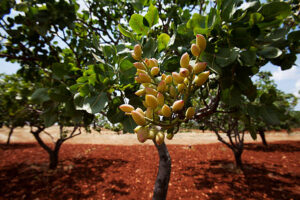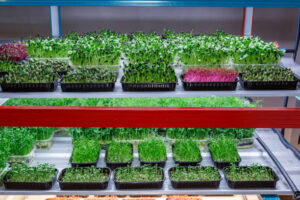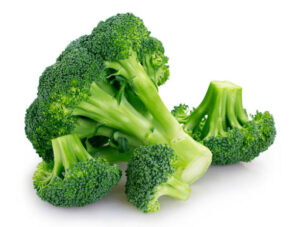Best Food Dehydrator: Preserving Nature's Bounty
Introduction:
Welcome to our guide on finding the best food dehydrator, your partner in preserving nature’s bounty and extending the shelf life of your favorite fruits, vegetables, meats, and more. Whether you’re a seasoned food preservation enthusiast or a beginner looking to embark on this rewarding journey, a quality food dehydrator can be an invaluable tool in your kitchen arsenal. In this comprehensive guide, we’ll explore the benefits, features, and considerations to help you choose the perfect food dehydrator for your needs.
Understanding Food Dehydrators:
Food dehydrators are appliances designed to remove moisture from food items, effectively preserving them for extended periods. By gently circulating warm air over the food at low temperatures, dehydrators facilitate the dehydration process without compromising the nutritional content or flavor of the food. This preservation method not only reduces food waste but also allows you to create delicious and nutritious snacks, ingredients, and meal components that can be enjoyed year-round.
Food dehydrators offer a range of benefits beyond simple preservation, making them valuable tools for any kitchen. Here are some additional advantages of using a food dehydrator:
Nutrient Retention: Unlike traditional preservation methods such as canning or freezing, which can lead to nutrient loss, food dehydration preserves the nutritional content of food items effectively. By gently removing moisture from foods at low temperatures, dehydrators retain essential vitamins, minerals, and enzymes that contribute to overall health and well-being. This ensures that dehydrated foods maintain their nutritional value and provide a convenient way to incorporate wholesome ingredients into your diet.
Enhanced Flavor Concentration: Dehydration intensifies the natural flavors of food by removing water content, resulting in a more concentrated taste profile. Fruits become sweeter, vegetables develop a richer flavor, and herbs and spices become more potent when dehydrated. This enhancement in flavor concentration adds depth and complexity to dehydrated foods, making them versatile ingredients for cooking, baking, and snacking.
Extended Shelf Life: By eliminating moisture, food dehydrators effectively extend the shelf life of perishable food items, reducing the risk of spoilage and food waste. Dehydrated foods can be stored for months or even years when properly packaged and stored in a cool, dry place. This long shelf life makes dehydrated foods ideal for emergency preparedness, camping trips, and backpacking adventures, providing convenient and lightweight options for nourishment on the go.
Customizable Recipes: Food dehydrators offer endless possibilities for creativity in the kitchen, allowing you to customize recipes and create unique culinary creations. Experiment with different combinations of fruits, vegetables, meats, and herbs to develop your signature snacks, trail mixes, and meal components. Adjust dehydration times and temperatures to achieve the desired texture and consistency, from crispy apple chips to chewy mango slices.
Healthy Snacking Options: Dehydrated foods make nutritious and satisfying snacks that are ideal for satisfying cravings without compromising health goals. Unlike commercially processed snacks that may contain additives, preservatives, and unhealthy fats, homemade dehydrated snacks are free from artificial ingredients and can be customized to suit dietary preferences and restrictions. From kale chips and banana slices to beef jerky and trail mix, dehydrated snacks offer a convenient and wholesome alternative to store-bought options.
Cost Savings: Investing in a food dehydrator can lead to significant cost savings over time by allowing you to preserve seasonal produce and bulk purchases at peak freshness. Dehydrated foods can be purchased in bulk when prices are low and stored for later use, reducing reliance on expensive pre-packaged snacks and convenience foods. Additionally, dehydrating surplus fruits and vegetables from your garden or farmers’ market haul helps stretch your food budget and minimizes food waste.
Preservation of Food Enzymes: Food enzymes play a crucial role in digestion and nutrient absorption, and preserving them during the dehydration process is essential for maintaining optimal health. Unlike high-heat cooking methods that can destroy enzymes, dehydration preserves food enzymes by using gentle heat and low temperatures. This ensures that dehydrated foods retain their enzymatic activity and digestive benefits, supporting overall digestive health and wellness.
By taking advantage of these additional benefits, you can make the most of your food dehydrator and enjoy a wide range of delicious, nutritious, and convenient dehydrated foods year-round. Whether you’re preserving seasonal harvests, creating homemade snacks, or enhancing the flavor and nutritional content of your favorite recipes, a food dehydrator offers endless opportunities for culinary exploration and enjoyment.


Key Features to Consider:
Temperature Control: Look for a food dehydrator with adjustable temperature settings, allowing you to customize the drying process based on the type of food being dehydrated. Different foods require different drying temperatures for optimal results, so having precise temperature control is essential.
Even Airflow: Opt for a dehydrator with efficient airflow distribution to ensure uniform drying across all trays or shelves. Uneven airflow can result in uneven drying, leading to inconsistencies in the final product’s texture and quality.
Capacity and Tray Design: Consider the size and design of the dehydrator trays, as well as the overall capacity of the unit. Larger capacity dehydrators with multiple trays offer greater versatility and efficiency, allowing you to process larger batches of food at once.
Ease of Cleaning: Choose a food dehydrator with removable and dishwasher-safe trays for easy cleaning and maintenance. Removable trays make it simple to clean both the trays and the interior of the dehydrator, ensuring hygienic food preparation.
Additional Features: Some food dehydrators come with extra features such as timers, automatic shutoff functions, and adjustable airflow vents. While these features may add to the overall cost, they can enhance convenience and user experience, particularly for busy home cooks.
Benefits of Using a Food Dehydrator:
Preservation: Food dehydrators allow you to preserve seasonal fruits and vegetables when they’re abundant and at their peak freshness. Dehydrated foods can be stored for months or even years without spoiling, reducing food waste and saving money.
Nutritional Value: Unlike traditional preservation methods like canning, which may involve high heat and added preservatives, dehydration retains much of the original nutritional content of the food. Dehydrated fruits and vegetables are rich in vitamins, minerals, and fiber, making them a healthy snack option.
Versatility: With a food dehydrator, you can experiment with a wide range of ingredients, from fruits and vegetables to herbs, spices, and even meats. Create your own homemade dried fruit snacks, vegetable chips, jerky, and more, tailored to your taste preferences and dietary requirements.
Conclusion:
Investing in the best food dehydrator is a worthwhile decision for anyone looking to preserve nature’s bounty, reduce food waste, and enjoy delicious and nutritious snacks year-round. With a variety of features and options available on the market, it’s important to consider your specific needs and preferences when choosing a dehydrator. Whether you’re a novice or experienced home cook, a quality food dehydrator can open up a world of culinary possibilities and elevate your food preservation game.

